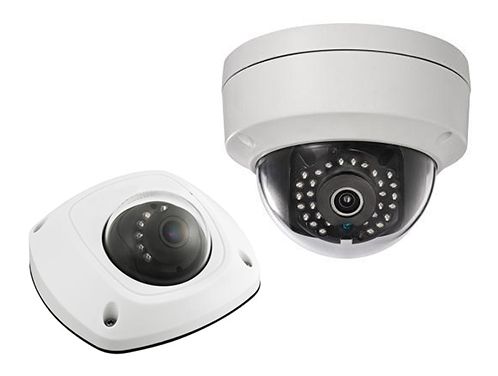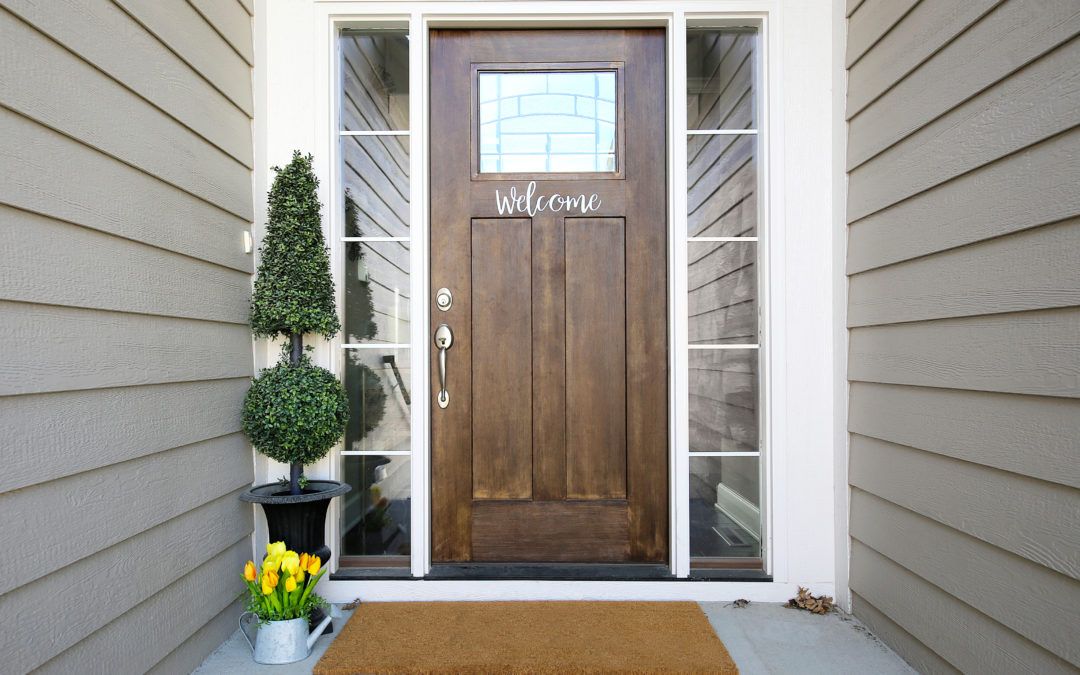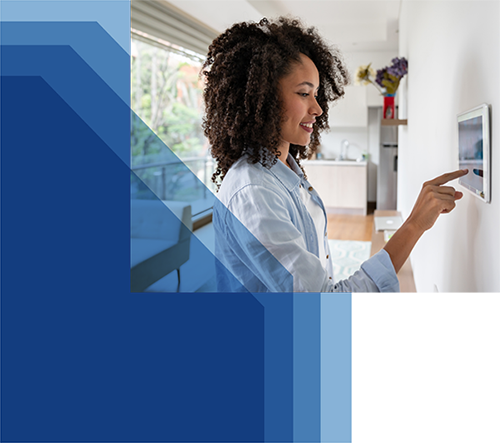While the likelihood of IP (Internet Protocol) connected devices being hacked is very small, it can happen if cameras are connected to an open internet connection or if there are weaknesses in the device username or password protection.
Don’t compromise on security
Hackers that gain access to internet connected devices can threaten an individual’s personal safety or a company’s property and data.
Common security weakness that can put users at risk of hacking include using passwords that are reused or easily guessed, failing to update out of date anti-virus software, and connecting cameras through unsecured Wi-Fi and Bluetooth connections.
For this reason, those looking to purchase or upgrade their security cameras, research is critical. For peace of mind, IP-enabled cameras are best purchased from a credible and authorised security provider, such as ADT Security, who ensure cameras are professionally installed with appropriate encryption software and password protection authentication.
As IP-enabled cameras offer users the ability to stream vision to internet-connected devices, including computers, smartphones and tablets, to and from anyone, anywhere and at any time, they have become a convenient and popular choice for keeping an eye on kids and pets at home, or for businesses to monitor their workplace while on the go.
If cameras are not adequately password-protected, there is an increased risk of being hacked by cyber criminals and compromising property and personal security.
Securing internet enabled cameras
Netsafe Online Safety for New Zealand recommends the following advice on general online privacy tips:
- Be cautious when using free Wi-Fi hotspots: Never undertake sensitive activities over a free Wi-Fi connection. It’s worth investigating a personal VPN service if you spend a lot of time on the road to add another layer of security.
- Look for SSL security when undertaking any online purchase or logging in to systems: The two most common signals that your browsing is protected by Secure Sockets Layer (SSL) and Transport Layer Security (TLS) protocols is the padlock icon shown somewhere in the browser (not the website) and that the web address or URL begins with ‘https’. You can also investigate the ownership and status of these secure certificates in greater depth.
- Encrypt your data: No matter what your views on using PGP to secure your email, you can take steps to encrypt the information stored on your devices should they be lost or stolen. Full disk encryption (FDE) makes it harder for people to access and read your files and provides an additional layer of security for information you want to protect. You can also encrypt data placed on USB sticks – if you regularly carry files around with you on small items that are easily lost – and investigate ways to encrypt information before it’s backed up in the cloud.
- Cover or disable webcams or camera functionality: You may want to review information on webcam hacking via remote administration tools or RATs and simply cover the camera with a piece of sticky tape to avoid prying eyes.
- Use a firewall to protect against threats and detect suspicious activity: Firewall software should be a standard part of your online defences and can help you monitor what applications and processes are connecting across the network. Windows and Mac computers come bundled with this software in the form of Windows Firewall and OS X Firewall. You can also choose to use other software such as the popular Mac network monitor Little Snitch which can help see and block outbound connections.
While it can be tempting to purchase IP-enabled technology, such as a security camera, from online sellers, increased risks associated with hacking and exploitation can compromise your safety so it is important to be vigilant from the purchase point, be prompt with installation and setting up password protection, and ensure regular maintenance and updates to software and operating systems.
If you’re interested in investing in a home security system, or upgrading your existing one, talk to an ADT Security professional today.





